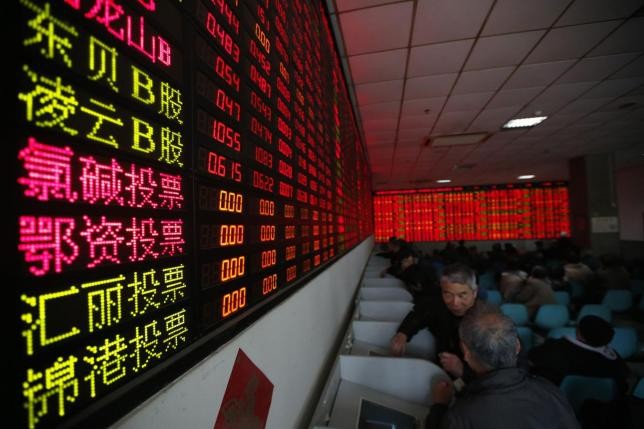The draft of the initial public offerings (IPO) reform, which proposes to change the current approval-based mechanism to a registration-based one, is expected to be finished as early as this month.
The reform, which is considered as the biggest in China's stock market, will take place within two years of the draft's approval.
Experts said that at the earliest, China's top legislature could pass the draft at the end of December and subsequently finish the required legal procedures. These are a precondition to any reforms that will be introduced to the IPO system.
After the draft gets legislative approval, detailed regulations about the implementation of the new IPO system will be worked out by concerned government agencies.
This reform, which is expected to help ease the funding difficulties of firms, was advanced in the wake of this year's capital market turbulence, wherein nearly 40 percent of the market value was wiped off.
The IPO system modification is also part of the comprehensive draft of the securities code first introduced in April.
"The launch of the new IPO mechanism will be a gradual process," said a banker from a Swiss bank who requested for anonymity. "It will lead to better integration of the Chinese equities market with the global market and international practices. It will also create substantial business opportunities for both domestic and foreign underwriters."
For civil and commercial law professor Liu Junhai of the Renmin University of China, the draft amendment shows the eagerness of the government to ease the companies' difficulties in funding.
"The new share sale mechanism should bear one of the core values of the Securities Law, which is to protect the interest of smaller investors," Liu said. "A more market-driven IPO system means greater responsibility of the brokerages when they carry out due diligence for share issuance."



























